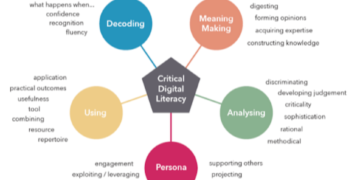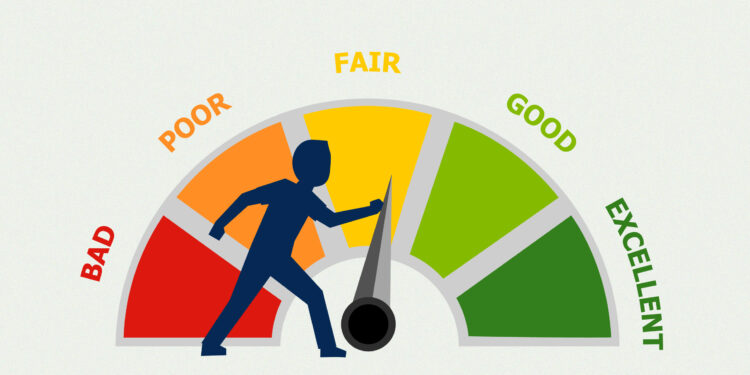How Can I Improve My Credit Score?
Your credit score can potentially affect many aspects of your life, including:
- The Home or Apartment You Live in
- The Type of Car You Drive
- Your Job
For example, if you do not have a strong credit score, it will be more difficult to find housing since many landlords will verify your credit score during your rental application. Additionally, if you have fair or bad credit, applying for a mortgage loan (or many other types of loans) will be challenging because most lenders do not want to work with a subprime borrower – especially if you are trying to buy a house. A subprime borrower is an individual who has a poor credit history and poses a significant risk to the lender.
Until you improve your credit score, it will continue to affect many different parts of your life and potentially affect your job! Some employers will review your credit report during the hiring process to make sure that you are responsible and trustworthy.

What is a Credit Score?
A credit score is a numerical representation of an individual’s creditworthiness, which is used by lenders and financial institutions to assess the risk of lending money to that person. It is a crucial factor in determining whether someone qualifies for loans, credit cards, mortgages, or other forms of credit, as well as the terms and interest rates they may receive.
Credit scores are typically calculated based on the information present in an individual’s credit report, which is maintained by credit bureaus. The most common credit scoring model is the FICO score, developed by the Fair Isaac Corporation.
Credit scores usually range from 300 to 850, with higher scores indicating lower credit risk and greater creditworthiness. Your credit score is dynamic and can change over time based on your financial activities. Regularly checking your credit report and understanding your credit score is essential for maintaining healthy financial habits and ensuring your creditworthiness when seeking credit opportunities.

How is My Credit Score Calculated?
Although there are a few different scoring models available, such as the FICO scoring model or the Vantage score, these are some of the key factors that will affect your credit score:
- Payment History: It is incredibly important to pay your debt obligations on time because payment history accounts for around 35% of how your credit score is calculated. Do not miss payments or pay late! Late payments, loan defaults, and missed payments will negatively affect your credit score. On the flip side, if you have a history of consistently paying on time each month, that can positively impact your score.
- Utilization Rate: Typically, lenders prefer to see a credit utilization rate of less than 30%. Your credit utilization rate refers to the difference between the amount of credit you are using versus the amount that is available to you.
- Age and Mix of Your Credit: Most lenders like to see that you have a long credit history that demonstrates your financial stability over time. Additionally, the types of accounts that you have (credit cards, mortgage loans, etc.) will show that you can handle different types of debt obligations.

Is it Possible to Improve my Credit Score?
Yes, you can potentially improve your credit score, but it is important to have access to the right tools and
resources. Improving your credit score will be impossible – unless you are consistent, motivated, and well-informed! The steps that you will need to take to improve your credit score will depend on your goals and
financial situation. It is definitely possible to improve your credit score. Credit scores are not fixed; they are influenced by your financial behavior over time. By adopting responsible financial habits and making positive changes, you can raise your credit score.
Remember that improving your credit score is a gradual process, and there are no quick fixes. By consistently practicing good financial habits, you can steadily raise your credit score over time and enjoy the benefits of improved creditworthiness.

What Do I Need to Do to Improve My Credit Score?
In order to improve your credit score, you must start with the basics. Make sure to review your current
credit report from all of the major credit bureaus (TransUnion, Equifax, and Experian) in order to see
where you are starting from. Additionally, you should make sure that there are no inaccuracies in your
credit report, including signs of identity theft or fraud. Check to see if there are any unpaid balances that
have gone into collections, and then create a plan to improve your credit score.
The next steps you will need to take to improve your credit score are the following:
They can provide guidance and resources to assist you in improving your credit situation.
It can take a few months or a few years to improve your credit score, but don’t give up! Consistency is key, and some steps are easier than others.











































